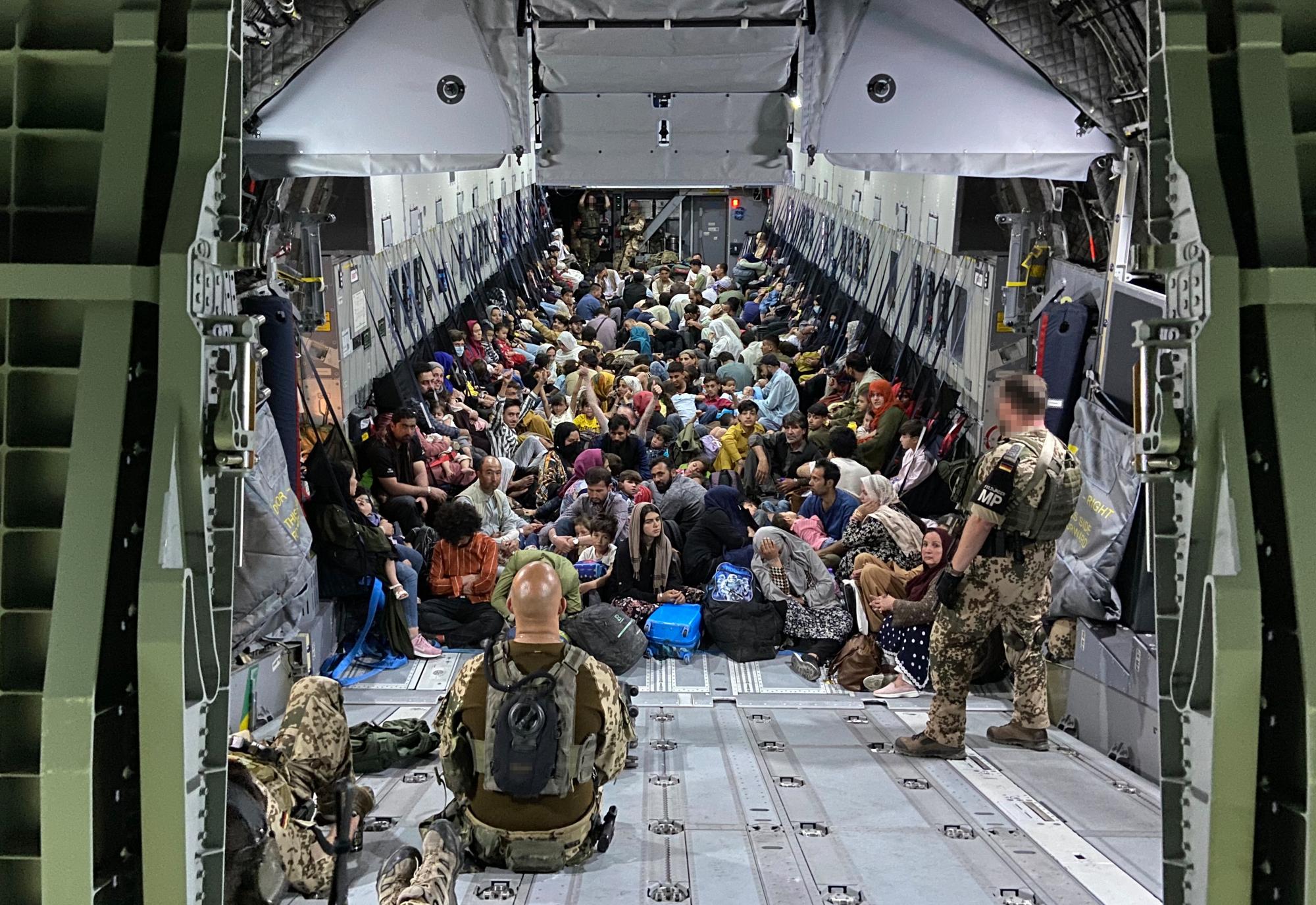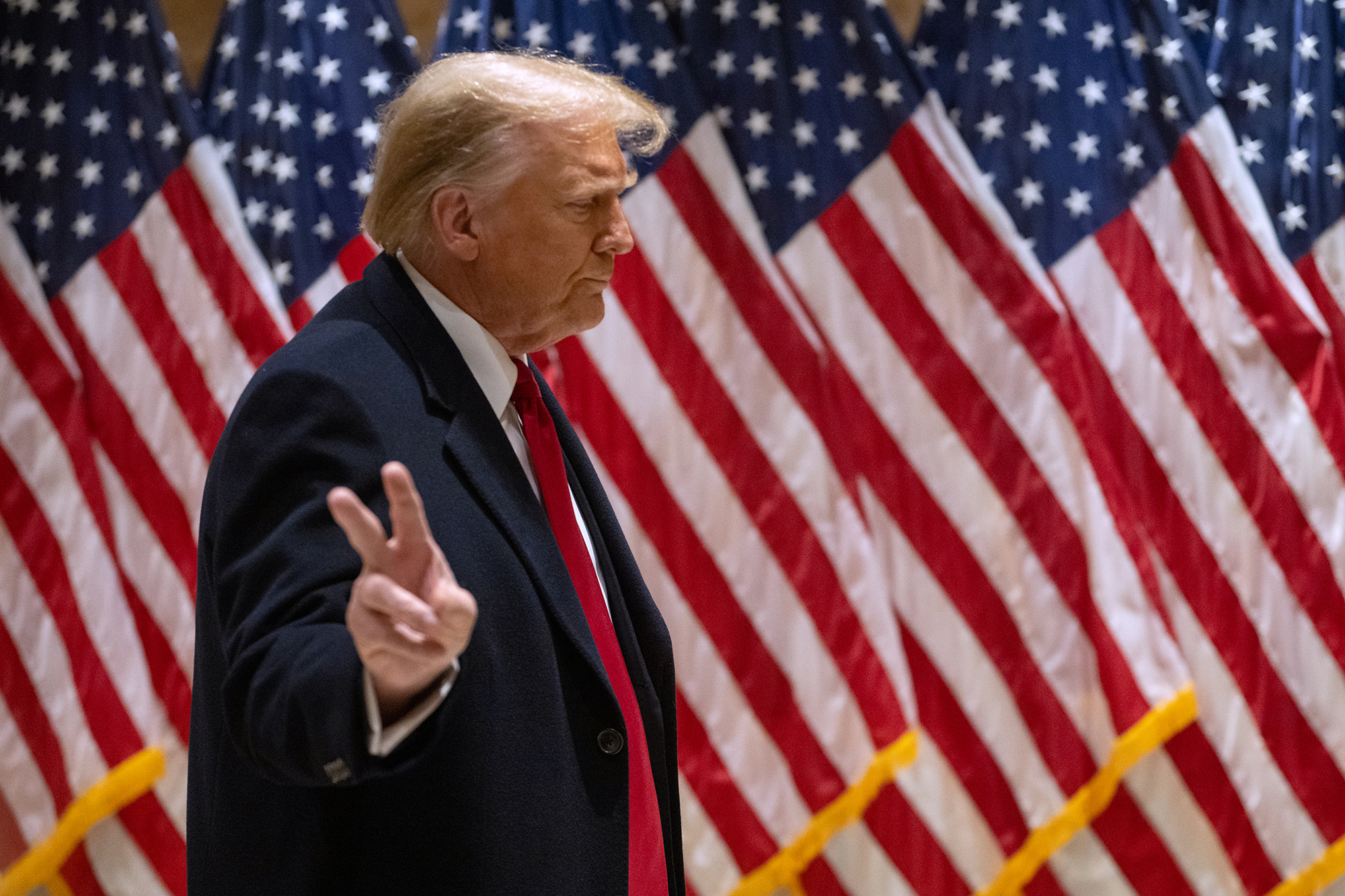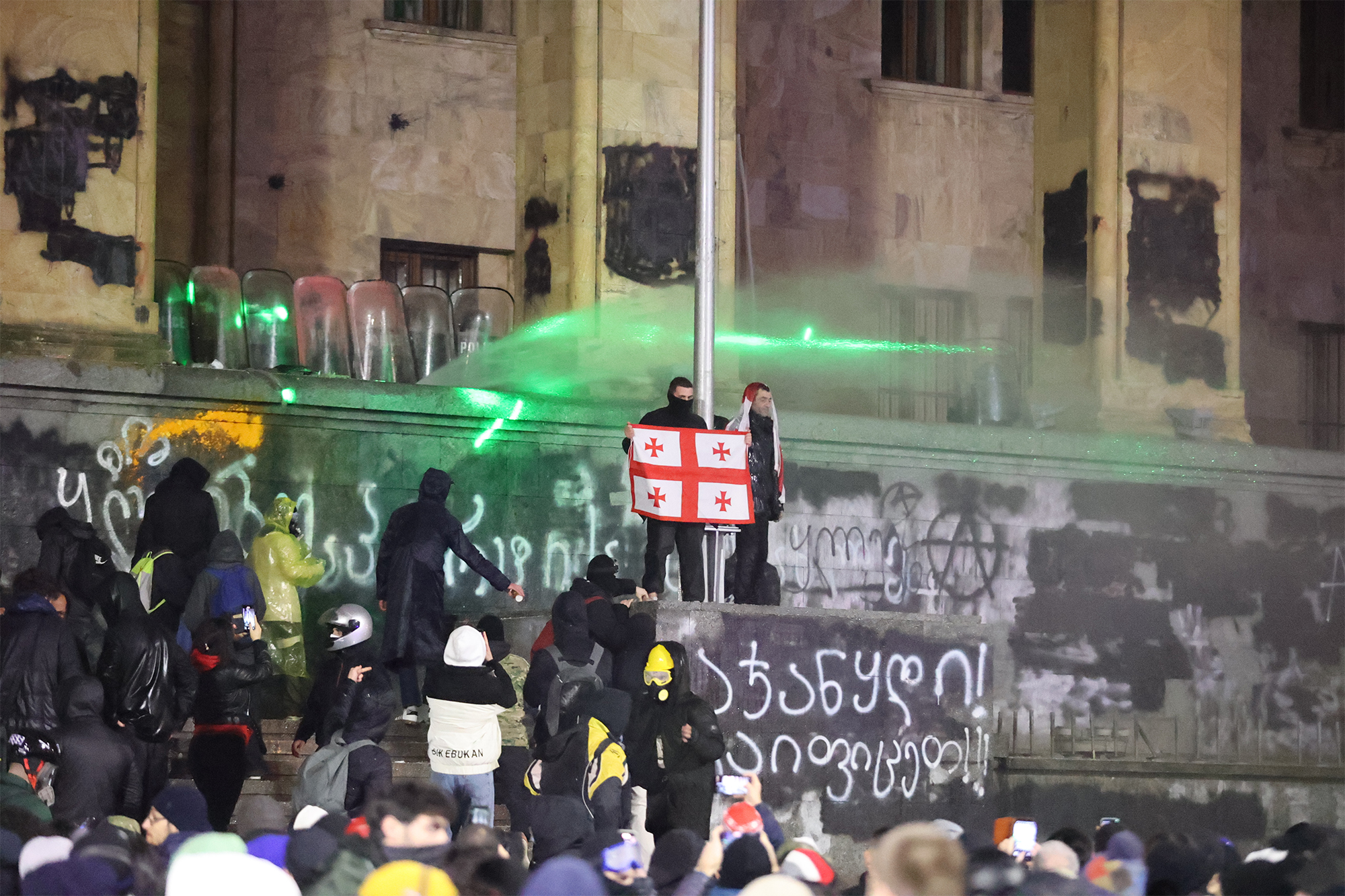Game without rules: How West losing ground to Russia and China in struggle for world influence
 US President Joe Biden (photo: Getty Images)
US President Joe Biden (photo: Getty Images)
Why the West is losing the global struggle for influence to Russia and other authoritarian states, the failure of the so-called de-escalation policy and the general degradation of the democratic system read in the RBC-Ukraine article.
The end of the Syrian civil war - or its intermediate stage - occurred virtually without US involvement. If America played any role, it was only in the background. In the past, it would have been tough to imagine that such major world affairs, especially in the Middle East, were done without the active involvement of the Americans. It was not possible to do without them at all. For example, the United States mediated the truce negotiations between the Kurds and the pro-Turkish opposition in the north of the country, but this is a more local, not strategic issue.
The United States is currently going through a special, transitional period - Joe Biden is almost no longer president, and Donald Trump is not yet president. But even before that, the role of the United States as the so-called No. 1 power or global policeman was more of a stereotype than a reflection of the real state of affairs. Both Democrats and Republicans have contributed to this.
The White House's decision to provide Ukraine with modern weapons or to impose sectoral sanctions on Russia may be considered by members of the Biden team themselves to be the height of courage and determination. But from the outside (not to mention Ukraine), Washington's policy in recent years, and especially after Russia's full-scale invasion of Ukraine, looks rather sluggish and unconvincing. This applies to both the analytical preparation of decisions and their implementation in practice.
The catastrophic American withdrawal from Afghanistan in 2021 was based on data from the world's nominally most powerful intelligence and analytical services, which predicted that the government in Kabul would be able to contain the advancing Taliban for a long time. It collapsed even faster than Assad's in Syria.
 Evacuation from Taliban-held Afghanistan (Photo: Getty Images)
Evacuation from Taliban-held Afghanistan (Photo: Getty Images)
The opposite miscalculation happened with Ukraine - Kyiv not only did not surrender in 24/48/72 hours but has been holding back the alleged second army of the world for almost 3 years (and this assessment of Russia's forces turned out to be another miscalculation).
The United States, with all its intelligence officers and analysts, has failed to adapt to the new reality. Still, at the end of 2024, the word escalation is constantly heard from across the ocean, which has long been ironic to Ukrainians who live in this escalation.
The American so-called de-escalation team's approach to world affairs has completely failed in practice, but they do not want to admit it. It is enough to compare the general situation in the world a few years ago with the current situation when it is burning almost everywhere. And where it's not burning, it can catch fire at any time.
The comical attempts to avoid escalation are derived from the West's general, strategic misunderstanding of the essence of the main troublemaker in the world - Russia. Attempts to measure the aggressor country with the same ruler used to measure conventional Germany, France, or Poland are doomed to failure. The basis of the Western decision-making process in any transaction with other parties - the desire for win-win situations - does not work with Russia.
 One of the main adherents of the de-escalation policy in the White House, Jake Sullivan (Photo: Getty Images)
One of the main adherents of the de-escalation policy in the White House, Jake Sullivan (Photo: Getty Images)
Moscow has traditionally viewed the entire world order as either a zero-sum game (“for us to win, you have to lose”) or a lose-lose strategy (“let us lose a lot, but you will lose twice as much”). The only Western countries that understand this are the eastern flank of the EU/NATO, which once tried this approach on its own.
This is compounded by a lack of understanding that external aggression and the seizure of new spheres of influence is the very basis of Russian policy at all times, not a temporary Putin deviation. So, all the meager hopes for a so-called normal Russia that the West has for the few and divided Russian oppositionists it has given shelter to is also a deliberately losing strategy. It, in turn, is fueled by a permanent fear of the possible collapse of today's Russia, which is as misplaced as it was more than thirty years ago when the Soviet Union was falling apart.
Therefore, the West is still losing the global confrontation with autocratic or fundamentalist regimes in terms of points, and fortunately, it has not yet come to a knockout. But it may come to that if the United States does not learn to make its own mistakes. So far, they are not, which is best seen in Ukraine. All the non-escalation and red lines have long since discredited themselves as concepts, but they continue to be persistently appealed to.
Instead of properly kicking the aggressor autocrats in the teeth, the only language available to them, Washington and the Europeans who look up to it are trying to continue playing appeasement. Unlike the EU-US, Israel, for example, is well aware of how anti-democratic systems work. And without much fanfare, it acts to ensure its security by force, as the world is witnessing right now in post-Assad Syria.
Trump could be seen as someone who could potentially “kick the autocrats in the teeth.” But, first of all, he did not prove himself in this capacity during his first presidential term. Moreover, it is noticeable that Trump is much more sympathetic to so-called strong leaders, to which he refers autocrats than to professional European-liberal bureaucrats.
 Future US President Donald Trump (Photo: Getty Images)
Future US President Donald Trump (Photo: Getty Images)
Secondly, Trump's stated isolationist approach and focus on solving internal American problems is in direct contradiction with the containment of anti-democratic forces around the world. In the overseas media, this is even called the end of the American century - when the United States undoubtedly played a major role in world affairs. Of course, the United States will not be able to completely withdraw into its Western hemisphere under Trump. This was not possible more than a hundred years ago when such ideas were more popular, and since then the level of globalization has grown exponentially. And Trump himself has outlined the circle of external enemies that he intends to fight (using his methods, of course): first of all, China, and secondly, Iran.
The general inability of the West to counteract anti-democratic countries and trends is also superimposed on the inherent properties of modern democracy as such: its bureaucratic complexity, vulnerability to manipulation of public opinion, and the need to find consensus solutions, which is difficult, time-consuming, and often impossible.
In addition, authoritarian leaders do not have the constant concern of democratic leaders - they do not have to think about how to get re-elected. Even the Kremlin cannot completely ignore the moods of its subjects, but its master is sure that he will rule for as many terms as he wants, and no voters will stand in his way. The situation is fundamentally different in democracies, where politicians are known to start thinking about the next election as soon as the previous one is over.
And if Putin can say to Russians: “I need more missiles, so you'll all eat less,” no one, by and large, will make a sound, while in the United Kingdom, France, and Germany, the country's leadership has to explain to their voters for a long time (and often unsuccessfully) why an extra percentage of GDP should be spent on defense rather than on paying out any benefits.
Anti-democratic states like Russia have learned to exploit all these vulnerabilities, using the entire arsenal available to them - not only propaganda, but also direct bribery of the authorities and media in countries of direct interest to them, and various economic instruments.
This can be seen in Georgia, where a fierce battle between the West and Russia is taking place right now. Despite the bloody history of relations, trade between Tbilisi and Moscow has increased several times over the past decade. As in the case of Ukraine, the West's response to Georgia has been largely reactive and noticeably delayed. Although the current government's clear tilt toward Moscow has been noticeable for a long time, Europe and the United States have not developed a clear strategy for countering it.
 Protests in Georgia (Photo: Getty Images)
Protests in Georgia (Photo: Getty Images)
On the contrary, a relatively successful example of democracy's self-defense can be seen in the recent events in Romania. Having discovered a clear Russian hand in the election success of the right-wing anti-Western radical Călin Georgescu, the country took an unprecedented step - it canceled the results of the first round of the presidential election altogether. It is unclear how much of this decision is based on political logic and the Romanian establishment's desire to remain in power, and how much on a sincere desire to protect the young Romanian democracy, but here the anti-Western pro-Russian vector has suffered an unexpected defeat. For now.
This case generally goes against the established trend of recent years - according to numerous annual reports of Western think tanks, there is less and less democracy in the world, and more and more authoritarianism.
Even in the West itself, with its long-standing, if not centuries-old democratic traditions, the party-state system is showing clear signs of poor health. For example, in the United States, it is supposed to serve as a model for everyone.
Both the Democratic and Republican parties are increasingly dominated by radical factions. On the one hand, there are the leftist, pro-Palestinian, anti-capitalist, and on the other hand, there are the pro-fascist conspiracy theorists who deeply despise the very essence of democracy. Therefore, one can understand the Americans who, against all odds, retained the remnants of common sense and could not figure out which of the two parties they were less disgusted with and for whom to vote.
 Participant in the storming of the Capitol, far-right conspiracy theorist Jake Angeli (Photo: Getty Images)
Participant in the storming of the Capitol, far-right conspiracy theorist Jake Angeli (Photo: Getty Images)
The prospects for global democracy in this regard look rather alarming. Although there are rays of hope. Take Syria, for example. It demonstrates that even authoritarian regimes can tear themselves apart when they try to bite off more than they can swallow. Especially if geopolitical ambitions are based on a shaky economic base - and Russia's GDP is more than twenty times less than the combined GDP of the European Union and the United States.
But to win a fight, sometimes it is not necessary to be stronger than your opponent, it is enough for the opponent to believe it. Therefore, if the West does not wake up soon, it may not wake up at all.

